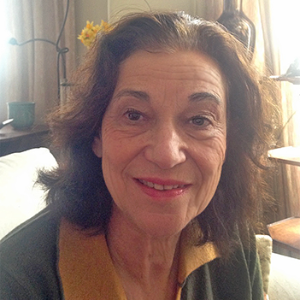Abstract:
Alzheimer disease (AD) is a devasting problem for the aging population with less than 2% of cases are due to mutations on presenilins or Alzheimer Precursor Protein (APP). At the biochmical level, AD is characterized by senile plaques due to aggregation of amyloid peptides from the APP protein clivage and tangles due to abnormal phosphorylated Tau protein . Down syndrome /Trisomy 21 (DS/T21) is in most cases due to the presence in three copies of normal 21 genes instead of two in the general population. Among these genes are APP and many others involved in oxidative stress, amyloid peptides formation and phosphorylating enzymes and others. Persons with DS are not only prone to early aging but also to Alzheimer disease features both at the chemical level by 30-40 years old and at the neurology aspects with dementia by 50-60 years. Thus DS/T21 is the best genetic model to study AD. Moreover the population with DS/T21 constitute a rather homogenous group in which all therapeutical investigations and clinical assays can be conducted to delay the AD onset. The results obtained in this area with the 21 population will be very valuable for the general population.
Biography:
Jacqueline London (Emeritus Professor at University Paris-Diderot) has completed her PhD in the Pasteur Institute under the direction of Pr. Jacques Monod and Professor M. Goldberg in the field of protein folding and bacteriology. She moved to immunology in Necker’s hospital under the direction of Pr JF Bach and then was a visiting scientist at NIH.
After coming back to Paris she settled a laboratory in molecular biology at the Blood Center and cloned glycophorin A and B (13 papers). She then moved again to Necker’s Hospital where she joined the group working on Down syndrome (Trisomy 21) and published some 35 papers on different aspects of trisomy 21 using transgenic mice for some chromosome 21 genes: APP, CBS, DYRK1A and SOD1. She published the first research papers on sleep in animal models for DS and give several talks on sleep problems in DS which were not recognised as a real phenotype in the early 2000. Since many years she tried to push the correlation between Alzheimer disease (AD) and Down syndrome (DS) and recently worked on neurotransmitters in some transgenic mice APP, and DYRK1A. She was also teaching Parkinson disease and Alzheimer disease and protein aggregates since many years. She settled in 1990 AFRT (French Association for Research on Trisomy 21) and is now AFRT Vice-president and initiated in the 2005 the international day for Trisomy 21 which is now recognised as World Down Syndrome Day (WDSD).


